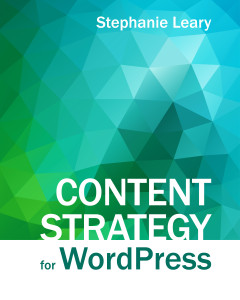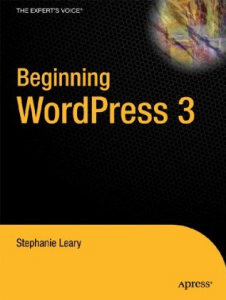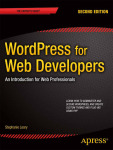Again at Absolute Write, an interview with Victoria Strauss:
Q: Why must writers never trust agents or publishers who ask for money up front (reading fee, evaluation fee, representation fee, etc.)?
A: The basis of both the author-agent and the author-publisher relationship is a shared financial interest in the author’s success. An agent who makes money only when her client does is highly motivated not just to sell her client’s book, but to get the best possible deal for it. A publisher whose profits come from book sales to the public has a vested interest in putting out the best product it can and making sure it sells. A fee disrupts this relationship. If you pay your agent up front, you’re diminishing her incentive to sell your book. If you hand over a fee to your publisher, or agree to buy something as a condition of publication, you’ve just turned yourself into a customer—and if a publisher can make customers of its authors, why should it spend time and money trying to make customers of others (i.e., readers)?
I don’t think I’ve ever seen it put so neatly before.
Also today, agent Barry Goldblatt’s take on common slush mistakes.
(Both via Elizabeth Bear)



